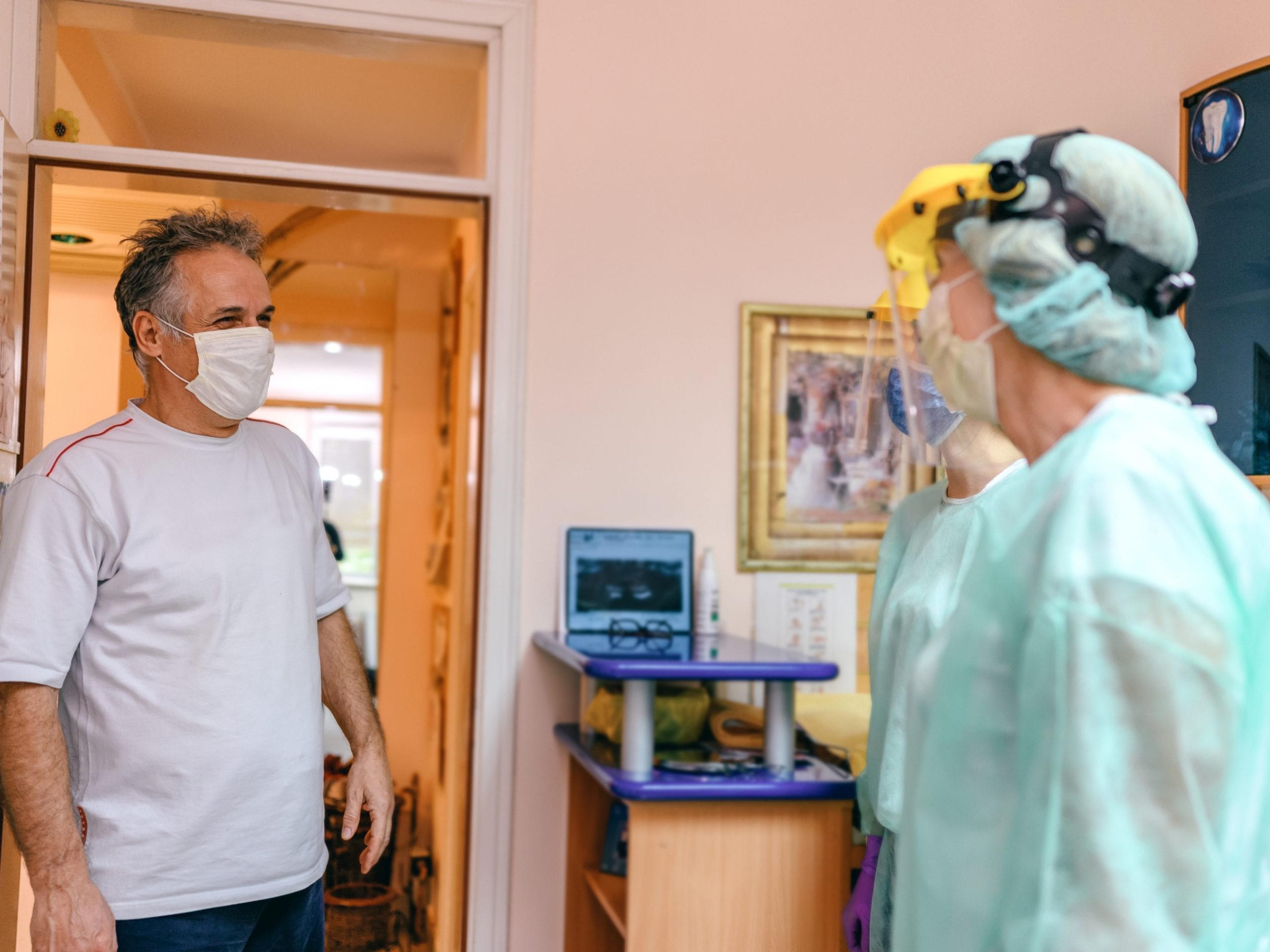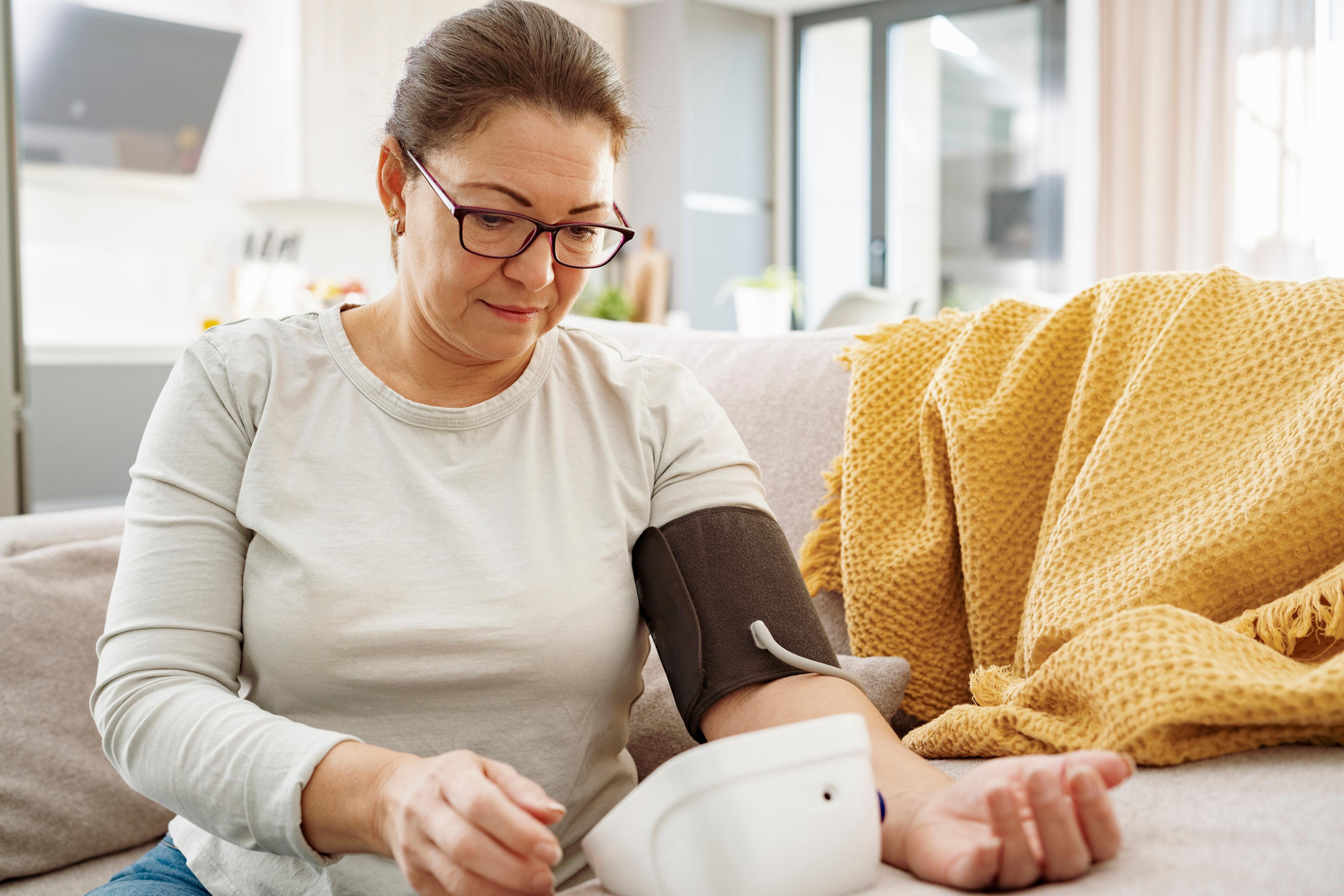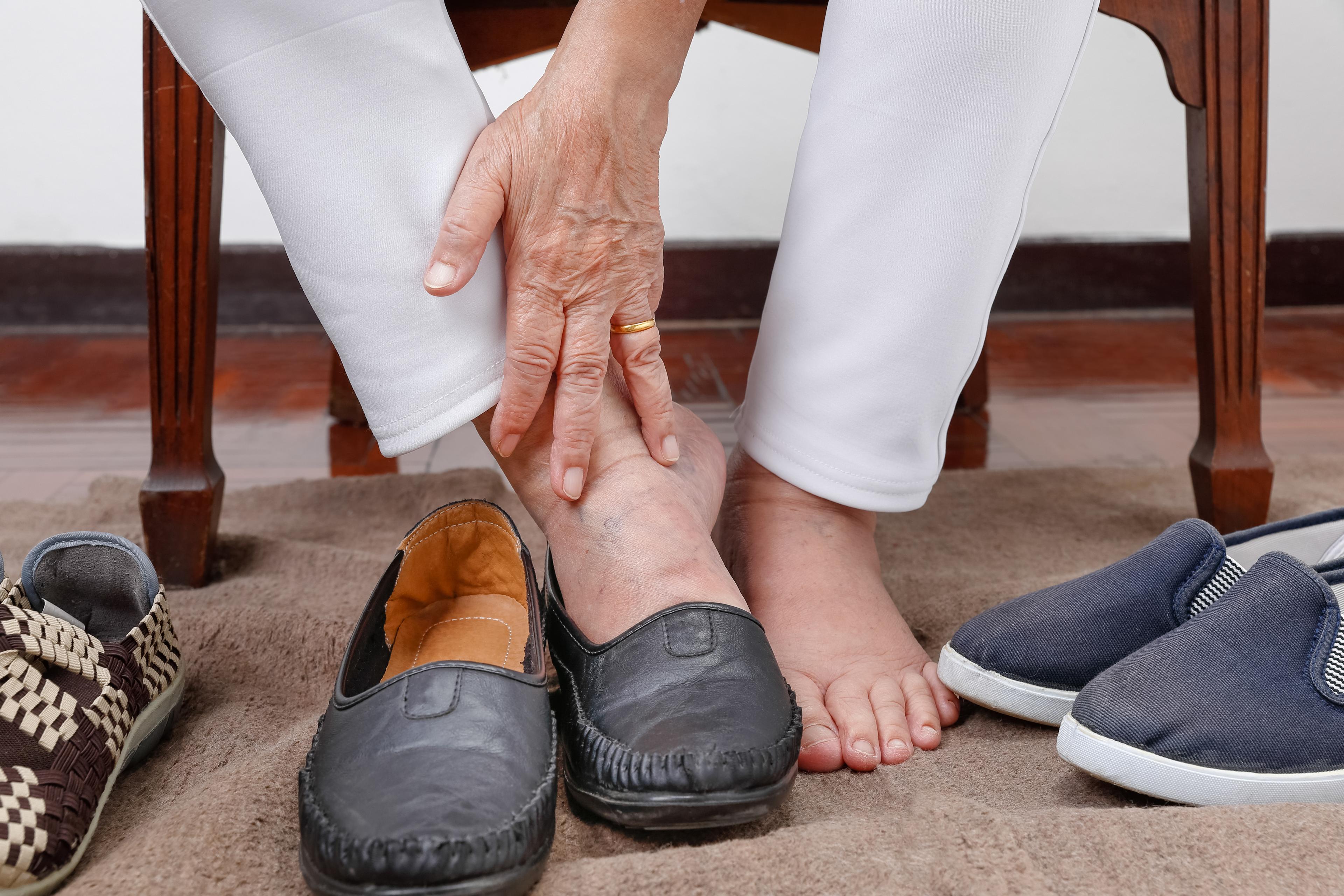Tips for Seeking Medical Care Postponed by COVID-19
Julie Bitely
| 4 min read

Did you cancel or postpone routine medical care due to the COVID-19 pandemic? As services and medical establishments open their doors back up, you might be trying to determine which appointments are best to schedule in-person and which ones you can hold off on a bit longer. It’s important to talk to your established medical providers as they’re most familiar with your personal medical history and are in the best position to determine next steps.
- Annual checkups: If you’re generally healthy, your doctor might be able to conduct your annual physical virtually, using telemedicine. If you have a chronic medical condition, your doctor might want to see you in person to check your vital signs and order blood tests. However, chronic conditions might put you at increased risk for developing severe complications from the novel coronavirus. If you’re maintaining your health by taking your medications and practicing other preventive measures, it could be worth checking with your doctor for advice regarding how best to schedule your next appointment.
- Cancer screenings: The American Cancer Society advises that people consider a variety of factors before rescheduling cancer screenings. If your risk for cancer is low, postponing might be the best choice to avoid infection. However, if your risk for cancer is higher, you need to consider your risk for complications if you’re infected with COVID-19 based on your overall health and age. Cancer screenings are a valuable preventive tool and can save lives through early detection, so if you do decide with your doctor to postpone, it’s important to get back on track as soon as you feel safe to do so.
- Gynecological exams: The American College of Obstetricians and Gynecologists says routine annual checkups are typically being delayed until the risks of contracting COVID-19 are lower. However, the organization advises in-person visits for the following symptoms:
- Fever or vaginal infection unrelated to COVID-19
- Symptoms of an ectopic pregnancy, including pain
- Problems with recovery after a recent surgery or procedure
- Severe vaginal bleeding
If you experience any other troubling symptoms, it’s important to call your doctor.
- Dental visits: If your mouth is healthy, the American Dental Association says exams, cleanings, x-rays and other routine appointments can be delayed. However, if you have a history of gum disease and are experiencing swelling or bleeding, it might be time to see the dentist. A broken tooth, lost or broken crowns, problems with dentures and other urgent concerns also likely warrant a visit.
- Eye exams: If you aren’t experiencing any problems with your vision, routine eye exams can be delayed, according to the American Academy of Ophthalmology. However, eye appointments may be necessary for the following conditions:
- Macular degeneration or diabetic retinopathy treated with eye injections
- Changes in vision such as blurry, wavy or blank spots or a lot of new floaters or flashes
- Eye injuries
- Vision loss
- Eye pain, headache, red eye, nausea and vomiting
- Dermatologist appointments: Check with your dermatologist to see if your needs can be handled through telemedicine. Video technology allows patients with new concerns and chronic conditions to receive many forms of treatment, according to the American Academy of Dermatology. Visible conditions such as rashes, acne, eczema, psoriasis and suspicious spots or moles are good candidates for a virtual visit. If you’re concerned about missing an in-person full-body exam, self-exams using the ABCDE method can be an effective tool to manage anxiety about your skin until you can get back in to see your dermatologist at their office.
Precautions to take at your in-person appointment If you and your doctor determine that an in-person visit is necessary, it’s important to follow precautions that keep you and others safe, such as maintaining six feet of distance in waiting rooms, washing your hands after touching common items such as door handles and wearing a cloth face covering. You should consider a virtual appointment if you have a fever, are coughing or have other signs of an upper respiratory illness. Emergency medical care is more appropriate if your symptoms are severe or alarming. This content has been reviewed and approved by Dr. S. George Kipa, deputy chief medical officer at Blue Cross Blue Shield of Michigan. Related:
- Exploring Virtual Therapy Through Telehealth
- How to Access Telehealth Care During the Coronavirus Outbreak
- Your Coronavirus Telehealth Questions Answered
Photo credit: dardespot





